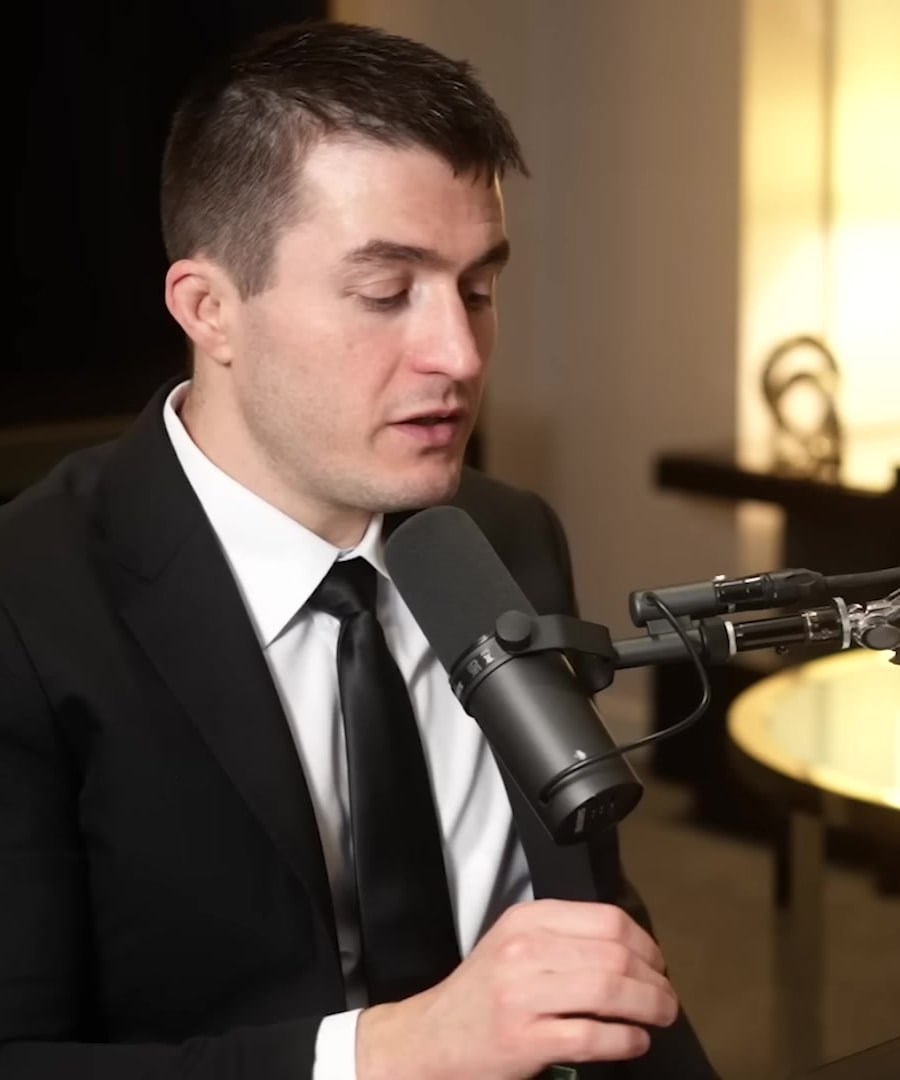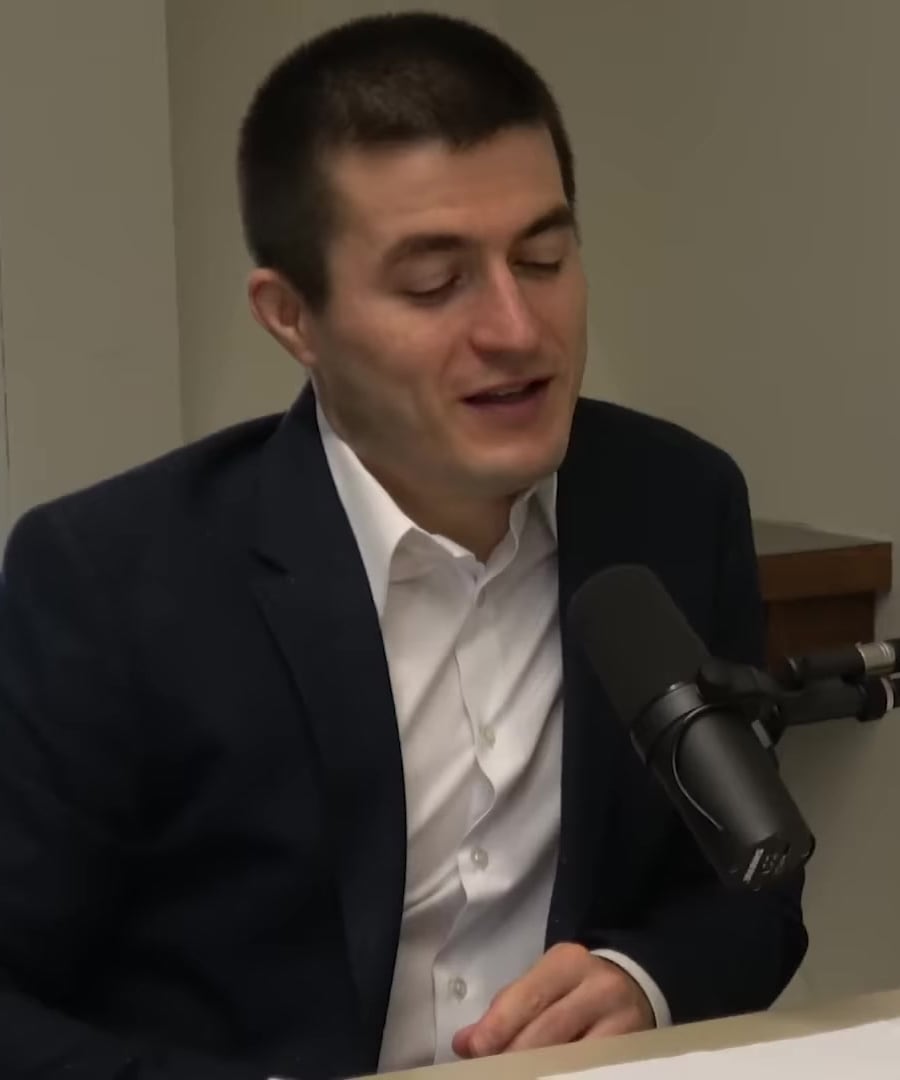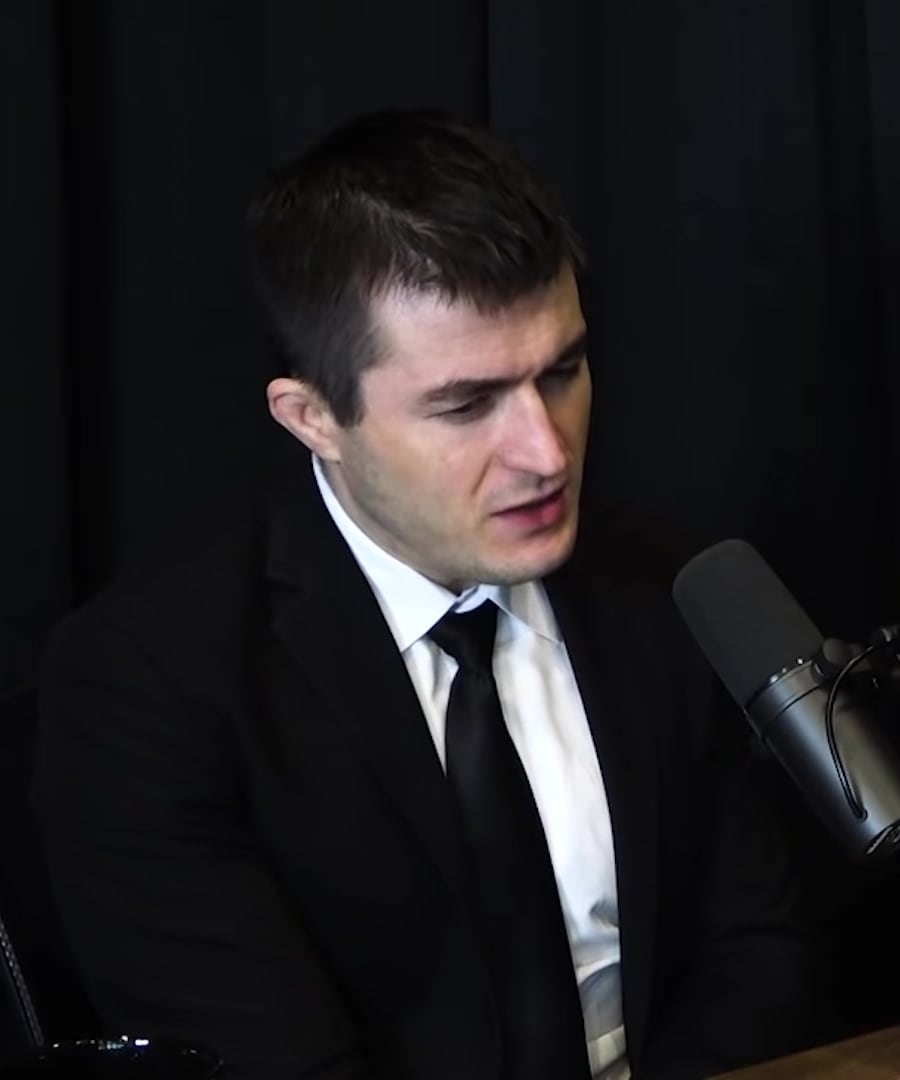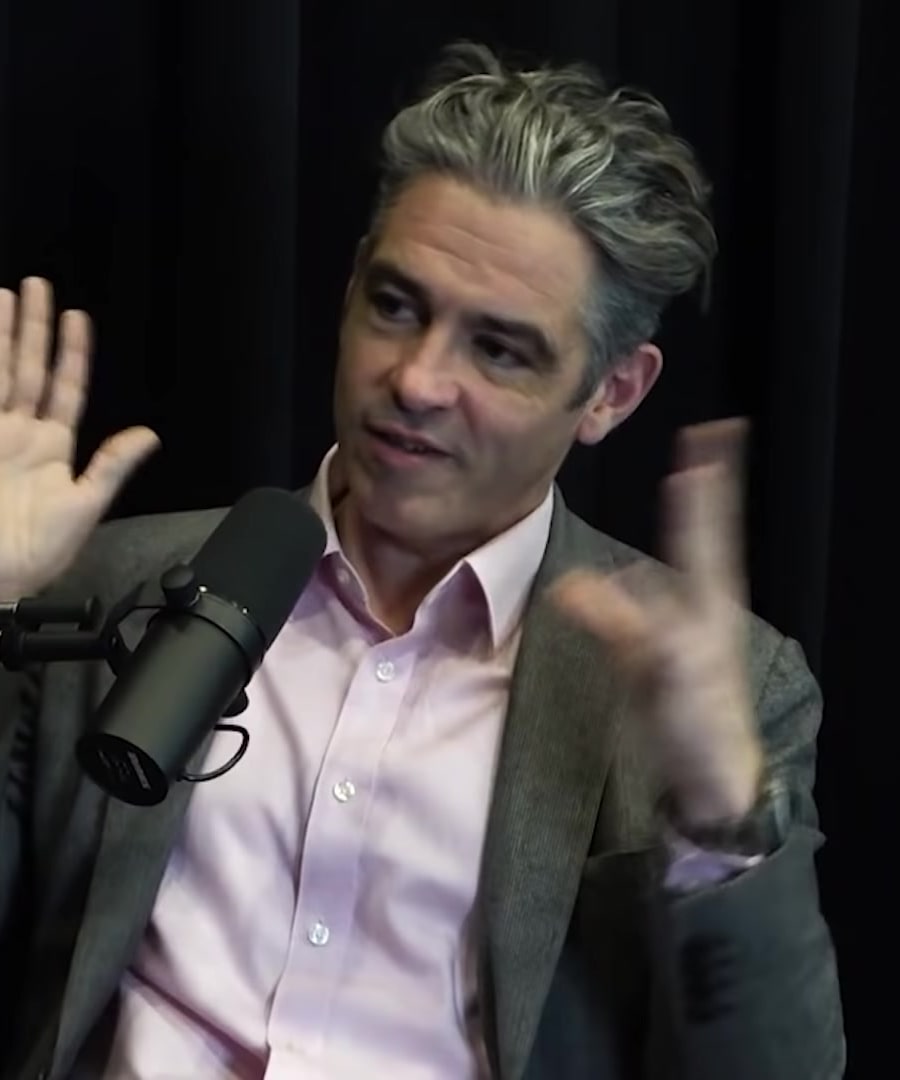How is time emergent?
Sources:
The concept of time as emergent has been explored in various discussions on the with several experts:
-
Andrew Strominger articulates that the emergence of time parallels the emergence of space. Using the holographic principle as an analogy, he explains that just as a holographic plate can produce an image with extra spatial dimensions, time might similarly emerge from a spacetime system reinterpreted as a system without time evolution. He admits that despite having concrete ideas, the concept isn't universally accepted even within the theoretical physics community 1.
-
Sean Carroll distinguishes between time being emergent and the arrow of time. According to Carroll, the arrow of time—a concept tied to the second law of thermodynamics and the difference between past and future—is emergent. However, this doesn't necessarily imply that time itself is emergent. He posits that in a universe where everything changes cyclically without increasing entropy, there would still be time even without a clear arrow of time 2.
-
Sara Walker discusses a more radical idea in the context of biology, suggesting that both the state and the laws of physics might change together over time. She argues that events in the universe are unique due to their historical sequence, implying a fundamental ordering of time essential for causation and the evolution of life 3.
-
Lee Cronin is resistant to the idea of emergent time. He argues for time's fundamental nature, connecting it to his theories on assembly and selection in the universe. He suggests that considering time as fundamental might simplify assumptions and better account for phenomena such as the increasing complexity and novelty of the universe over time. Cronin also ties the idea closely to the formation of life and causation at the molecular level 4 5.
The discussions provide varying perspectives on whether time is a fundamental aspect of reality or an emergent phenomenon shaped by deeper underlying principles. These insights illustrate the ongoing debates and different approaches to understanding the nature of time in theoretical physics and related fields.
RELATED QUESTIONS-




